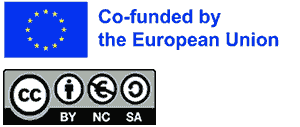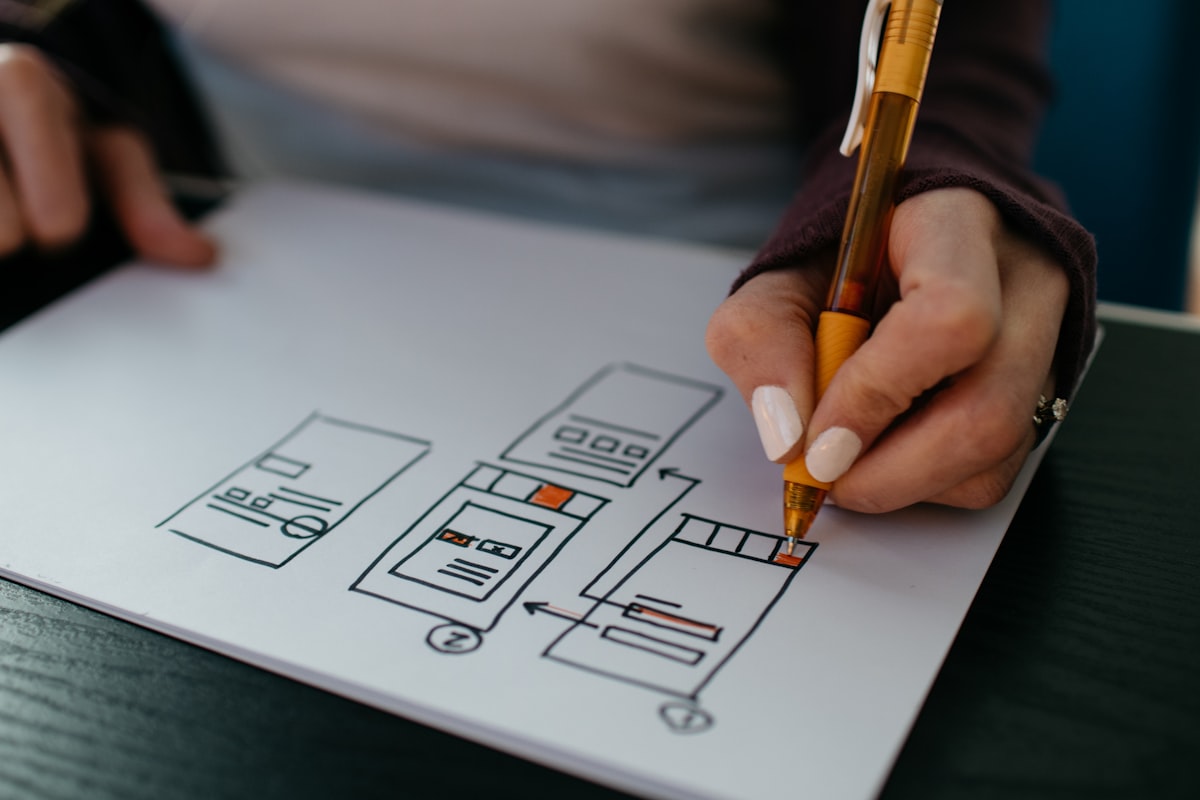
- …

- …

- February 3, 2025January 30, 2025December 19, 2024November 27, 2024September 27, 2024More Posts
SDG-iLevel in a nutshell
Background: Higher education and the SDGs
Sustainable development is the central theme in the European Green Deal and in the Paris Agreement at Climate Change as well as in many other EU policy papers. Higher education has a special role to play in sustainable development, environmental protection and action against climate change. Despite this, higher education institutions are only mentioned twice in the 169 targets of the 17 Sustainable Development Goals (SDGs), and individual contributions to the SDGs are even less evident. This disparity in relevance and visibility presents both a challenge and an opportunity:
- How can higher education become more prominent in the SDGs?
- How can university faculty, researchers, and other engaged staff become central to higher education's SDG efforts?
- What can individuals, institutions, communities and society gain by encouraging and valuing the current and future individual SDG contributions of higher education staff?
- How can this change be effectively and reliably supported?
SDG-iLevel: Individual contributions to the SDGs
SDG-iLevel (Leveraging Individual SDG contributions by University Staff) was a forward-looking project running from February 2022 to February 2025. It aimed to drive innovation and to achieve an enduring impact in three topical areas of higher education:
- sustainable development
- digital innovation
- mental well-being of higher education staff
The project created approaches, methods and tools aimed at uncovering, harnessing and strengthening the individual contributions of higher education staff to the SDGs in order to improve their mental well-being, job satisfaction, productivity and teamwork and promote further SDG contributions. The project addressed this question on several fronts by:
- developing a methodology,
- training university staff in the relevant skills,
- creating an effective online promotion tool,
- enabling behaviour change through nudging, and
- building institutional/departmental capacity.
The UN Sustainable Development Goals
The Sustainable Development Goals or Global Goals are a collection of 17 interlinked goals designed to be a blueprint to achieve a better and more sustainable future for all. They are included in a UN-GA Resolution called the 2030 Agenda, which was adopted by all United Nations Member States in 2015. The SDGs recognize that ending poverty and other deprivations must go hand-in-hand with strategies that improve health and education, reduce inequality, and spur economic growth – all while tackling climate change and working to preserve our oceans and forests.
Three levels of action
Conceptual level
The SDG-iLevel project provided a comprehensive methodological and referencing framework to align university roles and responsibilities with direct and indirect individual contributions to all 17 SDGs. The resulting SDG-iLevel Maps connect specific tasks performed by employees in major university staff groups and academic domains with specific individual SDG contributions.
Individual level
SDG-iLevel trained university staff in soft skills and competencies to help them identify and leverage their personal SDG contributions (University Staff Workshop). In addition, the project created two online resources for university staff: (1) the Online Visibility Booster, which enable staff to easily discover and immediately promote SDG contributions on social media, and (2) the Self-Nudging Online Toolkit with 30 nudges to increase staff awareness and behaviour in relation to the SDGs.
Institutional level
At the institutional level, the project produced Policy and Implementation Guidelines for universities and departments to use when designing and implementing initiatives aimed to recognize and support individual SDG contributions. These guidelines will be used by each of the three participating universities to create Department Roadmaps with actionable steps.
Facts & numbers

EU FUNDING PROGRAMME
Erasmus+
KA220-HED - Cooperation partnerships in higher education

GRANT AGREEMENT No.
2021-1-ES01-KA220-HED-000027588

PROJECT
DURATION28/02/2022 - 27/02/2025

PROJECT
BUDGET€ 348,871.00

PROJECT
NETWORK6 Partners
5 countries

This project has been funded with support from the European Commission under the Grant Agreement Number 2021-1-ES01-KA220-HED-000027588. This website reflects the views only of the authors, and the Commission cannot be held responsible for any use which may be made of the information contained therein.
The reproduction, distribution and utilization by third parties of the products and resources developed by the SDG-iLevel project, or part of them in any of the above ways, is licensed under a Creative Commons Attribution-NonCommercial-ShareAlike 4.0 International. It is attributed to the SDG-iLevel Consortium.
No additional restrictions — You may not apply legal terms or technological measures that legally restrict others from doing anything the license permits.
ShareAlike — If you remix, transform, or build upon the material, you must distribute your contributions under the same license as the original.
NonCommercial — You may not use the material for commercial purposes.
Attribution — You must give appropriate credit , provide a link to the license, and indicate if changes were made . You may do so in any reasonable manner, but not in any way that suggests the licensor endorses you or your use.
SDG-iLevelProject © 2025 by SDG-iLevel Consortium is licensed under CC BY-NC-SA 4.0. To view a copy of this license, visit https://creativecommons.org/licenses/by-nc-sa/4.0/.
Disclaimer & Privacy policy













